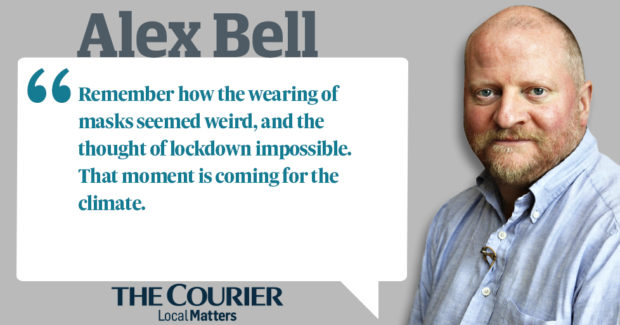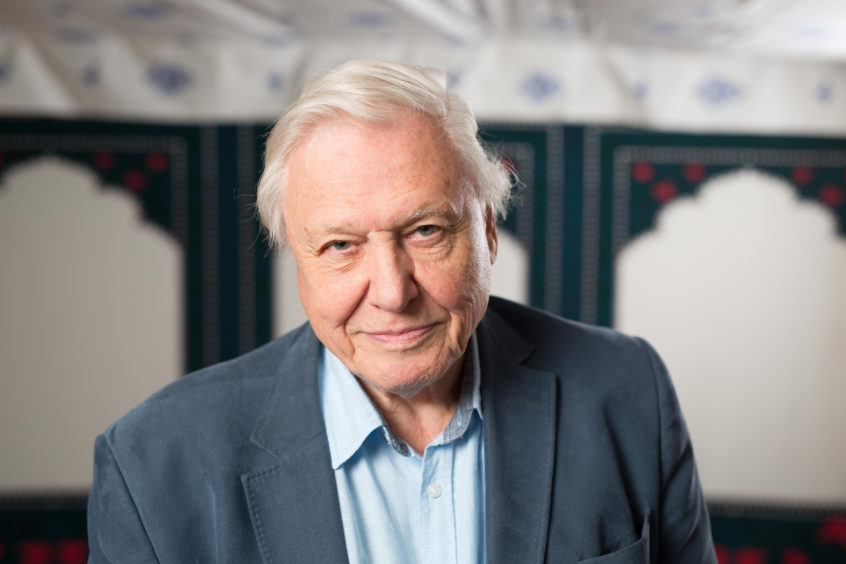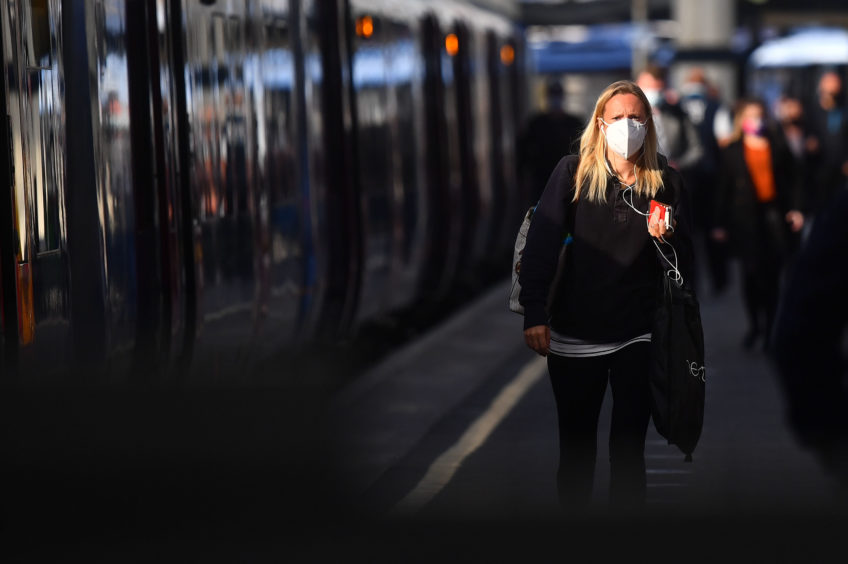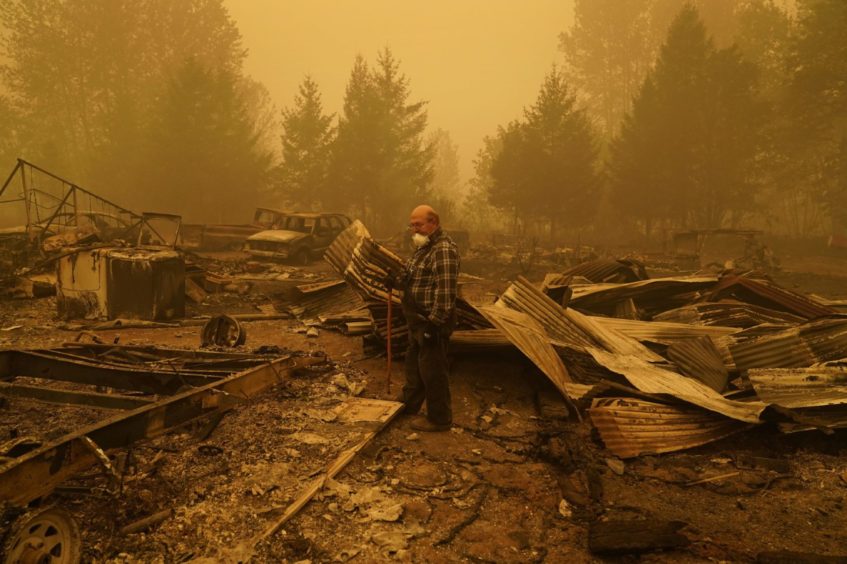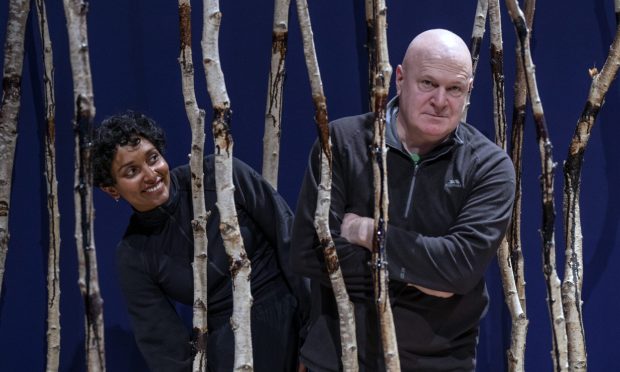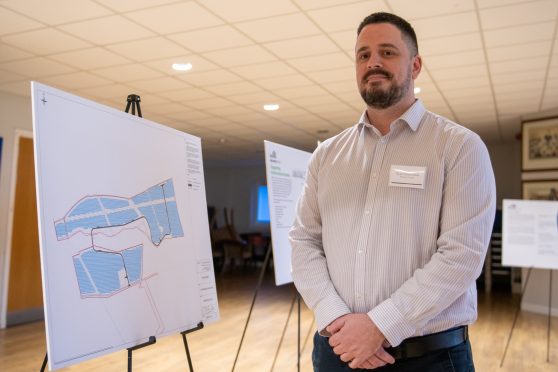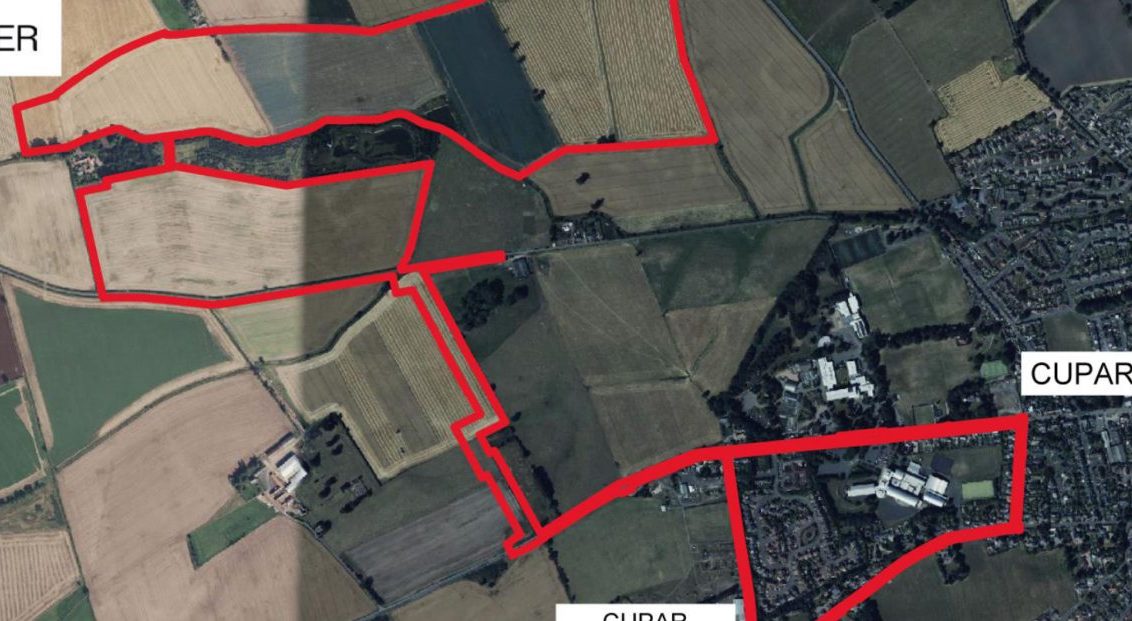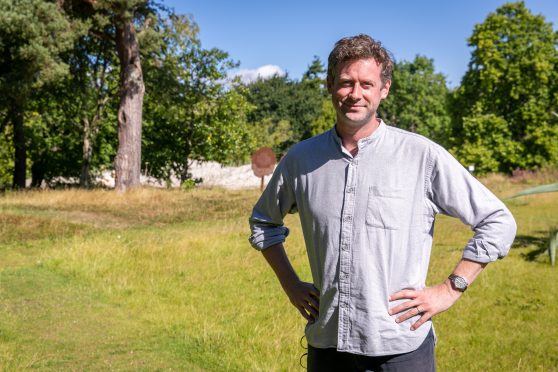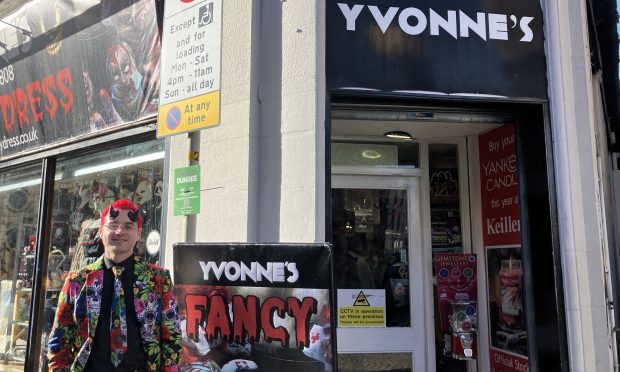If talking to yourself is a sign of madness, thinking the end is nigh must be confirmation of insanity. Yet there is a creeping feeling that things really are very bad – and getting worse.
Catastrophising has been the bane of the green movement. Shout the end of the world too often and people stop listening. The flip side of that is nobody ever expects the collapse of civilisation, much like the Spanish Inquisition.
The end takes humans by surprise. One moment you are in a forest, the next you chop down the last tree. One day there is a shoreline, the next you are under water. History could not be clearer. Things end abruptly and by the time humans notice, it’s too late.
Whether for environmental or economic reasons, all eras end, all empires collapse.
Swathes of data on the ecosystem during the anthropocene seem to make it abundantly clear we are on a dangerous path. The latest is the UN’s Global Biodiversity Outlook 5. It reports the world has missed all the targets it set 10 years ago to address climate catastrophe.
Extinction by human activity is a real danger for thousands of species, natural habitats are disappearing and billions of pounds in government subsidies hurry this along.
If you don’t like that report, there were two others in a similar vein just this week, from the RSPB and the Zoological Society in England. On top of that, US government scientists declared this summer the hottest ever in the northern hemisphere.
Sir David Attenborough’s latest documentary made people cry. Its title is Extinction. Watch it on iPlayer. He said the same as the reports. A UN spokesman said humanity is at a crossroads.
Yet there is hope, and bizarrely it comes in the form of Covid. Not to make light of the death and suffering, but lockdown does have an upside. It shows how we are always behind events, always ill-prepared, and that as a species we play catch-up.
It sounds banal to say things like “Who would have imagined we’d all wear face masks” or “Actually, I don’t see the point in going back to the office”. But these are not just the obvious topics of Covid. They are important insights into the human condition.
On face masks becoming normal, we are observing how fragile our sense of normal is, how quickly we adapt in the name of self-preservation. On Hogmanay 2019, nobody made the resolution to buy a face mask. Now we shame folk for not wearing one.
The lesson from the end of commuting is about inertia. Nobody liked the commute. Nobody much liked working in central London. Yet for decades we collectively prevented home working from happening. Of course, it’s nice not going into the office, but we knew that before Covid. It took a virus to make it happen.
Both these points – how we never get the future right, and are loathe to change old habits – are central to our understanding of environmental disaster. We know it’s happening but until it’s threatened our lives, we are paralysed by hubris and inertia.
Remember the news from Wuhan, back in January, and we all thought the virus was China’s problem. Well, all the data pointing to environmental collapse is our Wuhan.
Remember the pictures of packed hospitals in Italy, and we thought, they’ve messed it up, and how we did nothing. Well the death of species, the fires in California, the droughts in Australia, are our Italy.
Remember how the wearing of masks seemed weird and the thought of lockdown impossible – that moment is coming for the climate.
It is getting ever closer, encroaching on our lives. Own a flat, a car, have a job, raise a family – just as Covid cast a shadow across all those things, so the environmental crisis will make the fixtures of our society seem different.
One person who cried at the Attenborough documentary was Carrie Symonds, wife of the prime minister. It’s not clear if she sobbed for the end of life, or the realisation that Boris was in charge at “humanity’s crossroads”.
The candidates in the US presidential race have been talking climate. In a country that recorded the hottest temperature ever of 54.4C a few weeks back, and where the west coast is burning, Donald Trump denied there was a problem. Trump did that with Covid, too.
The day after the US vote, the country officially withdraws from the Paris Climate Accord. Like it withdrew from the World Health Organisation.
For too long the voices of alarm have been talking to themselves. People want to write off climate disaster as madness. But when the crisis starts, then, quite possibly, it’ll be the end of the world as we know it. The latest Scottish Household Survey suggests the message is getting through – most Scots now think climate is an “immediate and urgent” danger.
If you think we’ll cope, well, I give you the last six months as a warning. I’m pretty sure I’m not insane for thinking this.
